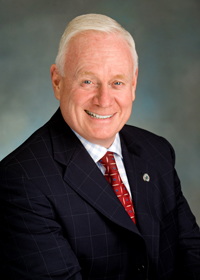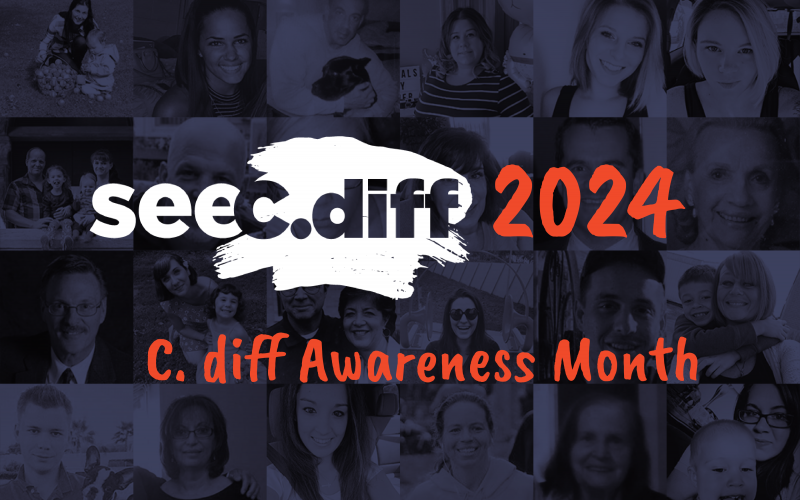Other Categories
 The Peggy Lillis Foundation is delighted to be honoring New York State Senator Marty Golden with its 2016 Advocate Award. We recently spoke to Sen. Golden about what got him involved in public service and how New Yorkers can work with elected officials to tackle public health issues like C. diff.
The Peggy Lillis Foundation is delighted to be honoring New York State Senator Marty Golden with its 2016 Advocate Award. We recently spoke to Sen. Golden about what got him involved in public service and how New Yorkers can work with elected officials to tackle public health issues like C. diff.
Q: Your entire career has been in service to the people of New York – from being a police officer to your current role as state senator. What initially drew you to public service and what keeps you engaged?
A: I believe that public service is a privileged and bestowed honor by the people you serve. My parents instilled in my siblings and I that giving back to the community and serving the public good was extremely important. As a police officer I wanted to protect the community and take dangerous criminals off the street. As an elected official, I passed legislation that creates jobs, helps people financially and medically, improves education, assists seniors and improves the overall quality of life for all New Yorkers. Public service should be conducted with honesty, integrity, lawfulness and selflessness. I believe the public servant seeks to make the community a better place for everyone by keeping these important values in mind.
Q: Our namesake, Peggy, was a graduate of Catholic schools and a kindergarten teacher at P.S. 198 in Brooklyn. You have been a champion of elementary education throughout your political career. Do you see our public schools providing lessons or interventions that improve public health?
A: Elementary education is the first step of a learning journey that lasts for decades. During these early stages we learn educational and social skills that will build the foundation for future academic endeavors. I believe our schools can be instrumental in improving public health. The curriculum should reflect and try to address the current public issues. It is never too early to teach children about the dangers of drug and alcohol addiction, domestic violence, mental health issues and a myriad of other important public health issues.
Q: Your tenure as Chairman of the Senate Aging Committee led to some great safeguards and services for our city’s senior citizens. Is there a specific law or policy of which you’re most proud?
A: There are many that I am proud to have worked on such as: working on Neighborhood Naturally Occurring Retirement Communities (NORCs) and Granny’s Law which created tougher penalties for violent criminals that attack senior citizens. I have also campaigned for the rights of senior citizens through the Assisted Living Law of 2004, a new Elderlaw, the Senior Bill of Rights; Long Term Care Reform, and much more.
Q: New Yorkers 65 years and older are at the highest risk for C. difficile infections. What role do you see for elected officials in reducing the number of infections, including in hospitals and long-term care settings, and deaths related to CDI?
A: To reduce the number of infections, we have to start with procedures to clean and safely dispose of feces, which is where the spores that cause C. difficile live. The Senate can work with the Department of Health to establish stronger protocols for handling incidents where feces is found on clothing, bed linens, floors, furniture, sinks, mirrors and other places. These protocols would need to include penalties for violations as well as educational components to make people aware of what to do if they come in contact with feces or something stained with fecal matter.
Q: How might ordinary New Yorkers work with the state senate and other elected officials to improve public health in our state?
A: Talk with us, my door is always open. If you have concerns or issues, contact my office. We are happy to discuss your concerns and issues and will try to help you find a resolution. If I need to author legislation to address a specific concern or issue, I will do it. And invite me to various symposiums and events based on improving health, and I would be willing to partner with organizations, as I have for many years, to fight against diseases.



Leave a Reply